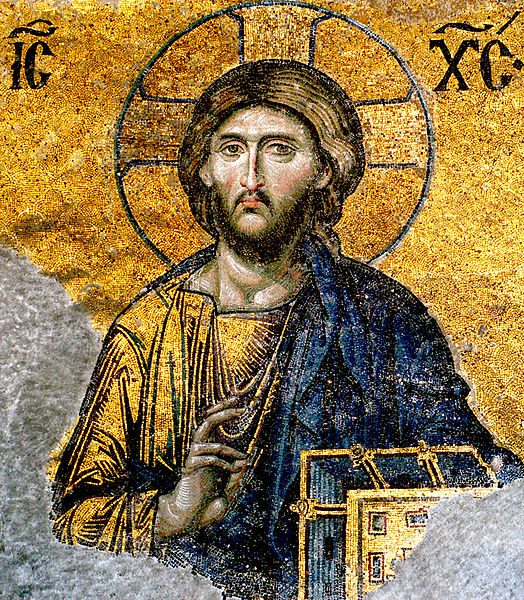What does it mean to say that Jesus is the “son of God”? If you are like most people I talk with, you will say it means, “Jesus is God.” This is where we run into a problem.
Yes . . . Jesus is God manifested in the world.
No . . . the phrase “son of God” itself does not inherently imply deity.
Before explaining more of what I mean, I want to first explain why this conversation is even necessary. Then, I suggest a few passages that should tip up off to the fact that something is amiss. In the next post, I’ll dig directly into the biblical text.
Four Reasons Why It Matters
Let me state four reasons why I’m starting this new series on the “son of God.”
1. Common Confusion
First, there is no other way that to say it bluntly. In my experience, most evangelicals I meet don’t know what the phrase “son of God” means. I’m sure that sounds like a gross understatement. It’s not. You will understand why as the series progresses.
2. Practical Importance
Second, there are practical consequences to this discussion. We are not talking about “mere theology.” Missionaries and pastors need to consider the implications of their ministry and preaching. I’ll elaborate more in a coming post.
3. Doctrine of Scripture
Third, the discussion is closely tied to one’s view of Scripture. If we think that “son of God” refers to Christ’s deity, then we may not have as high a view of Scripture as we might think. I’ll touch on this topic in a later post.
4. Biblical Importance
Fourth, the Bible makes a big deal of the fact that Jesus Christ is the “son of God.”
John wrote his gospel “so that you may believe that Jesus is the Christ, the Son of God, and that by believing you may have life in his name” (John 20:31).
In 1 John 5:13, he similarly writes, “I write these things to you who believe in the name of the Son of God that you may know that you have eternal life.”
Likewise, Jesus’ enemies made much of the claim that he is the “son of God.” Compare the temptation narratives (Matt 4:3, 6; Luke 4:3, 9), Jesus’ trial and his execution (Matt 26:63; 27:40, 43, 54).
John 19:7 succinctly states the reason Jewish leaders sought to kill him, “The Jews answered him, “We have a law, and according to that law he ought to die because he has made himself the Son of God.”
Is Jesus the only “son of God”?
There are hints that we have previously run amiss. In his book Jesus the Son of God, even D. A. Carson states that “son of God” has a variety of meanings. (He has posted a free excerpt of his book here). Carson’s book seeks to defend Jesus’ divinity.
In the process, he notes that other people and beings are also called God’s son(s):
- In Luke 3:38, Adam is called the “son of God.”
- The term “Christ” is routinely coupled with the phrase “Son of God.” More on this in the next post. In Jewish history, the term Christ did not connote deity.
- People are called “sons of God.” For example, …
Jesus, in the Sermon on the Mount, says that peacemakers are “sons of God” (Matt 5:9).
“The sons of this age marry and are given in marriage, but those who are considered worthy to attain to that age and to the resurrection from the dead neither marry nor are given in marriage, for they cannot die anymore, because they are equal to angels and are sons of God, being sons of the resurrection” (Luke 20:34–36).
Likewise, Paul in Rom 8:14 states, “For all who are led by the Spirit of God are sons of God.”
A few last words . . .
Again, my point is not at all to refute Christ’s divine nature. This is a critical doctrine for the church. For now, I simply want to raise the question: Does the phrase “son of God” imply “deity”?
It is very possible for someone to rightly teach that Jesus is God but wrongly neglect to preach Jesus as the “son of God” (biblically understood).
I hope this series helps us avoid that problem.


















